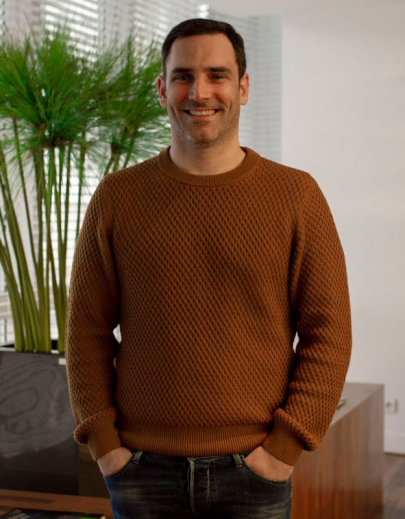Alex LoupyCentre de recherche cardiovasculaire de Paris (PARCC) - Inserm
Mes recherches
My research focuses on artificial intelligence and multi-organ transplantation analytics. It covers allograft transplantation, rejection, antibodies and populational sciences. I defended two PhDs in cell biology (2011) and biostatistics (2014).
In the area of transplantation research, I have been appointed Director of the Banff Scientific Committee for allograft classification in 2014 and I contribute to the working groups (22 transplant centres represented worldwide) and Banff recommendations delivered to the international transplant community. I am also expert for the US Food and Drug Administration and a member of the American Society of Transplantation, and I am involved in the French Society of Transplantation and in the European Society of Transplantation.
Since the obtention of my ATIP-Avenir, I have extended my working network and materialised it as the Paris Expertise Centre for Organ Transplantation in PARCC U970. The Paris Transplant Group is recognised in the transplant research field and has changed clinical practice with wide implementation of discoveries into clinical practice.
My work is currently dedicated to the development of a multidimensional and integrative research strategy in solid organ transplantation (smart data, machine learning and artificial intelligence) in order to provide in the next 5 years a prognostic system as a tool for physicians to improve patients’ follow up and implement precision medicine in routine patient’s care. This system will allow an early prediction of individual risks of allograft rejection and loss, with the possibility to personnalise patient’s monitoring and treatment and improve allograft survival.
Mon projet ATIP-Avenir
Multidimensional Approach in Organ Transplantation
Our global aim is to accelerate the translation of immunological and gene expression discoveries into the clinical field by filling the gap between basic science and applied biomedical researches. We want to provide mechanistically-driven pathogenesis of alloantibodies from in vitro cell models to murine models transferred to their clinical consequences in large prospective human cohorts in terms of allograft injury, risk of failure and therapeutic strategies. We also want to determine relevant non-invasive biomarkers and identify gene signatures of rejection in allografts.
We are developing a personalised approach of transplant medicine integrating multidimensional information deriving from classical histology, biology and clinical science together with novel information coming from ground breaking technologies in immunology, molecular biology, genetics and biomarkers. Our goal is to provide transplant clinicians with innovative and accessible tools for early prediction of individual risk of allograft rejection and transplant loss and offering them the possibility to personalise clinical management and treatment. The final product is being developed as an integrated system in the form of a diagnostic/prognostic score.
This score will allow to make correlations with the conventional features of rejection and transplant pathology, improve diagnostic accuracy, and provide mechanistic insights into exploring new pathways and operational biological processes involved in transplant rejection. This will also set the stage for personalised transplant medicine by providing end points for clinical trials with insights for therapy and patient clinical management.
